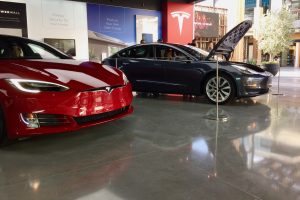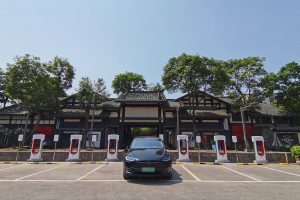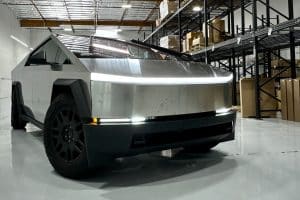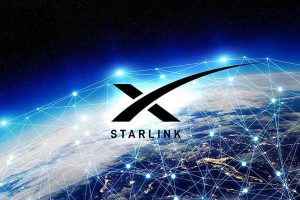Key Takeaways
- NYC Comptroller Brad Lander urges lawsuit against Tesla for securities violations due to concerns over CEO Elon Musk’s dedication to Tesla amidst his government role.
- Tesla’s stock has sharply decreased by nearly 40% in recent months, greatly impacting New York City’s pension systems, which lost over $300 million.
- Lander argues Tesla made material misstatements about Musk’s involvement, potentially misleading investors.
- Despite shareholder concerns about Musk’s focus, he recently led an All-Hands meeting, indicating commitment and future plans for Tesla.
- Lander suggests that shareholder litigation could lead to necessary governance changes and potential financial recovery for the New York City pension systems.
The complex intertwining between Tesla, its CEO Elon Musk, and the resulting impact on both Wall Street and New York City’s pension systems has recently come into sharp focus. As NYC’s Comptroller Brad Lander initiates action to pursue legal avenues against Tesla for alleged securities violations, it invites us to explore the broader issues surrounding corporate governance and shareholder interests.
Challenges Facing Tesla and NYC’s Pension Systems
A Grim Financial Picture
Tesla’s recent struggles with its stock price have deeply affected New York City’s pension systems, prompting considerable concern from NYC Comptroller Brad Lander. The company’s stock has plummeted nearly 40%, leaving pension funds with losses exceeding $300 million. This significant downturn raises questions about corporate governance and the accountability of those at the helm, particularly Elon Musk’s role and focus.
The Case for Litigation
Lander’s push for litigation hinges on his claims of material misstatements by Tesla regarding Musk’s commitment. By potentially misleading investors about Musk’s role, these actions could have long-term implications for both investors and institutional stakeholders like New York City’s pension funds. Lander argues that addressing these issues through shareholder litigation could bring about necessary changes in governance and leadership, which may be crucial for Tesla’s recovery and restoring trust.
Musk’s Balancing Act: Tesla vs. Government Role
The Department of Government Efficiency (DOGE)
Delving into the Department of Government Efficiency (DOGE) – a key point of contention – Musk’s involvement in the Trump Administration’s initiative has been seen by some shareholders as a distraction from his responsibilities at Tesla. The concern is whether Musk’s active participation in DOGE diverts his attention from the critical needs of the electric vehicle company, affecting its performance and, in turn, investor confidence.
Mixed Signals on Musk’s Commitment
Despite Lander’s claims and the resulting concerns, Musk’s recent activities suggest unwavering engagement with Tesla. Conducting an All-Hands meeting while outlining future strategies is a move that not only demonstrates dedication but also attempts to assuage shareholder fears. Moreover, Musk has encouraged employees to retain their stock, signaling his personal confidence in the company’s long-term trajectory.
Navigating the Legal Landscape: Potential Outcomes
Governance Changes and Financial Recovery
Should the lawsuit proceed, the potential outcomes could be significant. By forcing governance reforms, shareholder litigation might serve as a catalyst for enhanced corporate oversight – a move that can restore investor confidence. Moreover, it presents a path to potentially recover financial losses borne by the pension systems, aligning both fiduciary responsibilities and long-term corporate strategies.
Broader Implications for Corporate America
This case may also set a precedent for other corporations regarding the transparency and accountability of executives. It underscores the importance of maintaining clear, accurate disclosures to investors, fostering trust, and ensuring that leadership acts in the best interest of all stakeholders, particularly in volatile economic climates.
What’s at Stake?
Ultimately, the decision to pursue legal action against Tesla highlights significant governance issues pertinent to many modern-day corporations. The interplay between executive responsibility and shareholder assurance cannot be overlooked, especially when tied to substantial financial stakeholders like public pension systems. As this story unfolds, it will serve as a critical case study on governance, accountability, and the role of corporate leaders in balancing diverse commitments.





